The latest:
- P.E.I. confirms three new cases of COVID-19 after being in the clear since late April.
- England’s pubs, restaurants and hair salons reopen as lockdown eases further.
- U.K. scraps quarantine for arrivals from about 60 countries, excluding Canada, U.S.
- Thousands expected on P.E.I. this weekend as Atlantic bubble opens.
- India records its highest single-day spike in new coronavirus cases.
- Australian authorities lock down 9 public housing towers in Melbourne over outbreak.
Florida and Texas reported record daily increases in confirmed coronavirus cases Saturday, the latest sign that the virus is surging in many parts of the United States, casting a pall over Fourth of July celebrations.
Officials and health authorities warned people to take precautions or simply stay home on U.S. Independence Day, as confirmed cases are climbing in dozens of states. The U.S. reported more than 50,000 confirmed cases on Saturday for the third day in a row, according to a tally kept by Johns Hopkins University.
The U.S. has more than 2.8 million confirmed cases — about a quarter of worldwide infections, according to the tally, which is widely thought to understate the true figure, partially because of asymptomatic cases and limited testing.
While the rise in cases in the U.S. partly reflects expanded testing, experts say there is evidence that the virus is also spreading more as states reopen their economies.
Deaths have begun to rise in some states that have seen a surge in cases — including Texas, Arizona and Florida — and the coming weeks will be telling. Still, some experts have expressed doubt that deaths will ever return to the peak of around 2,200 deaths per day, hit in mid-April, because of advances in treatment and because more young adults who are less vulnerable to serious complications are among those diagnosed recently.
Local officials and health experts across the U.S. tried to minimize opportunities for the virus to continue spreading on a holiday weekend typically spent eating at backyard gatherings or crowding elbow-to-elbow to view parades and fireworks shows.
Many communities cancelled those events and cautioned people against gathering on their own.
Texas, which reported a record daily increase of 8,258 confirmed coronavirus cases Saturday, is retreating from what had been one of the country’s swiftest reopenings. Much of the state began mandating face coverings Friday, with a $250 US fine for scofflaws.
In Florida, which reported 11,445 confirmed infections on Saturday, bars statewide are shut down and some regional attractions, such as Zoo Miami and Jungle Island, have closed. Officials in South Florida — including in Miami-Dade County and the Florida Keys — closed beaches through the weekend.
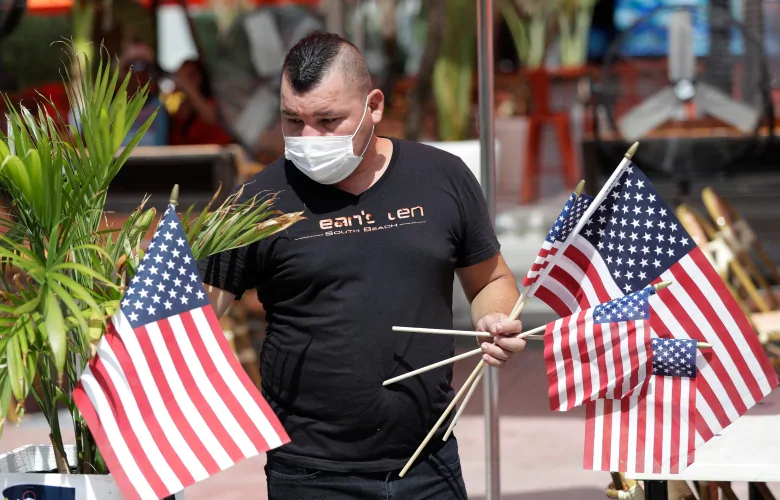
Other beaches in the state remained open. At St. Pete Beach on the Gulf of Mexico, parking spaces were scarce Saturday afternoon and hundreds of people clustered in groups under umbrellas and in cabanas on the sand.
Deputies from the Pinellas County Sheriff’s office patrolled on ATVs, telling folks they should stay with their own families or groups — and away from others.
In several of California’s tourism-focused counties, economic woes prompted campaigns to convince state residents to travel within its borders. But public health experts and mayors of popular beach towns Santa Cruz and Half Moon Bay have pleaded with people to stay home for the holiday.
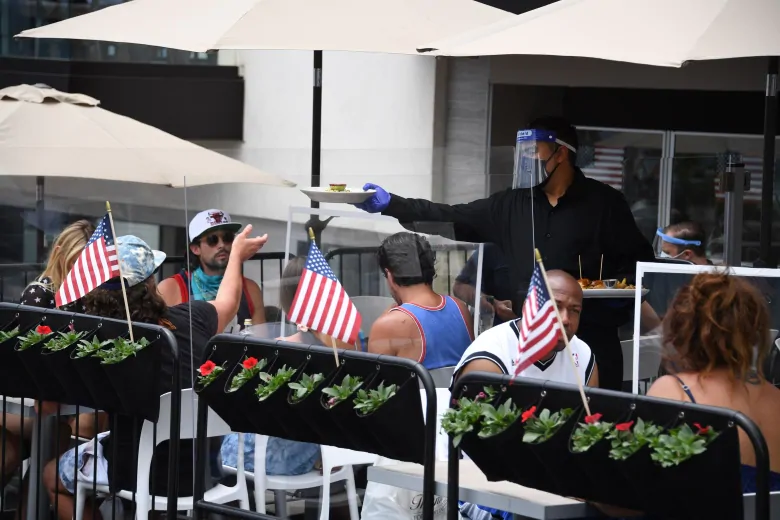
The holiday weekend coincides with a big step back this week for California’s efforts to reopen the state’s economy. Gov. Gavin Newsom ordered a three-week closure of bars and many indoor establishments in counties that are home to about three-quarters of the state’s population. Law enforcement workers turned away disappointed sun-seekers from some beaches that have been closed to discourage large crowds.
Local efforts to discourage holiday gatherings are in stark contrast to President Donald Trump’s weekend agenda, including a fireworks display Friday night at Mount Rushmore in South Dakota and Saturday’s “Salute for America” celebration with a presidential speech on the White House South Lawn and an enormous fireworks display in downtown Washington.
What’s happening with COVID-19 in Canada
P.E.I. on Saturday reported three new cases after being free of COVID-19 since April 28. The three people are all Islanders and are essential workers. None had been outside the country. One of the two younger patients works at Whisperwood Villa in Charlottetown
The Atlantic bubble started Friday, allowing travellers from within the four provinces to cross borders without having to self-isolate for 14 days. Each province has its own set of rules for visitors.
Premier Dennis King said the three cases in P.E.I. are not connected to the Atlantic bubble, but officials in the province are “prepared to make a decision on pulling back early next week if that’s what the [public health and epidemiology] information points to.”
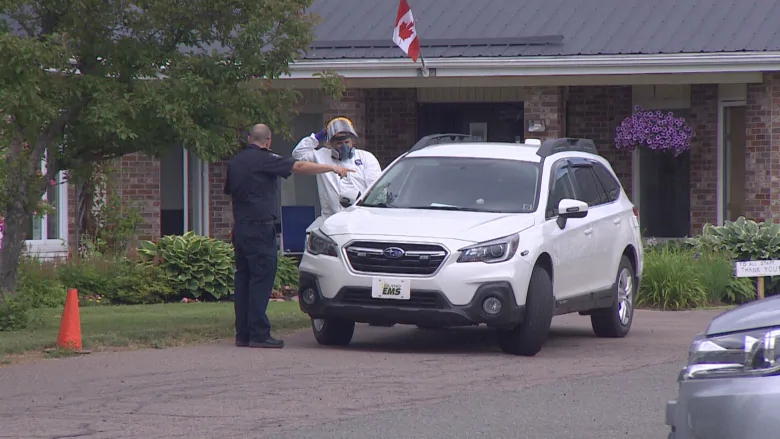
Ontario, with the second-highest provincial tally of 35,656 confirmed cases, reported an additional 121 cases of COVID-19 on Saturday, the lowest daily case count in more than a week.
Quebec, which has had the highest number of cases at 55,784, reported 102 new cases on Saturday.
As of 1:30 p.m. ET on Saturday, Canada had 105,317 confirmed and presumptive coronavirus cases. Provinces and territories listed 68,990 of the cases as recovered or resolved. A CBC News tally of deaths based on provincial reports, regional health information and CBC’s reporting stood at 8,720.
Here’s what’s happening around the world
The World Health Organization reported a record increase in global coronavirus cases on Saturday, with the total rising by 212,326 in 24 hours.
The biggest increases were from the United States, Brazil and India, according to a daily report. The previous WHO record for new cases was 189,077 on June 28. Deaths remained steady at about 5,000 a day.
More than 11 million people around the world are known to have been infected since the pandemic began, according to the Johns Hopkins data. With shortages of testing materials, the real number of cases is unknown. More than 525,000 people have died.

In Asia-Pacific, India also reported its highest single-day spike, with 22,771 new confirmed cases for a total of more than 648,000, including 18,655 deaths.
Australia’s Victoria state locked down nine public housing towers and three more Melbourne suburbs after 108 new cases. Premier Daniel Andrews said 3,000 people in the towers will go into “hard lockdown,” meaning “there will be no one allowed in … and no one allowed out.”

In Europe, authorities in northeast Spain ordered the lockdown of El Segria county around the city of Lleida, home to over 200,000 people, after health officials recorded a jump in 60 cases in 24 hours. The outbreaks are linked to agricultural workers in the rural area.
While in England, pubs and movie theatres reopened Saturday as part of Britain’s biggest step toward post-outbreak normal.
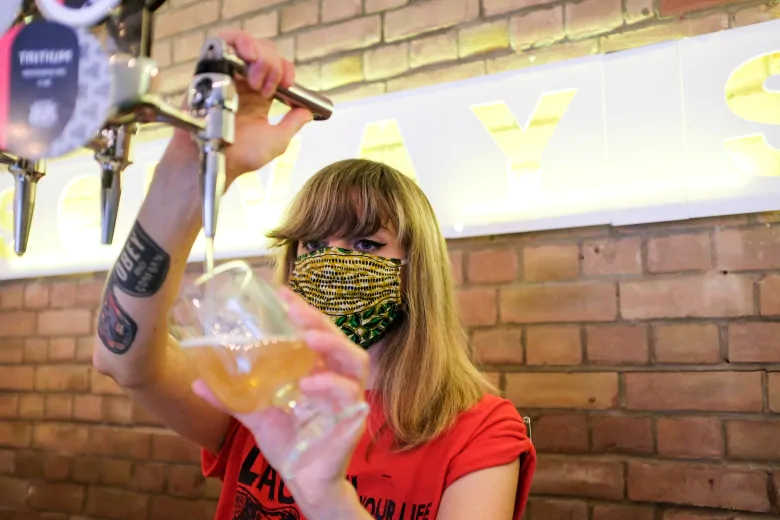
In the Americas, France said it is sending medics to its South American territory of French Guiana, where infections have surged as the virus swept neighbouring Brazil.
In Brazil — which has the second most coronavirus infections and deaths in the world — churches opened in hard-hit Rio de Janeiro for the first time in almost 100 days. Hand sanitizer was distributed and temperatures checked as masses operated at 30 per cent capacity to ensure physical distancing.
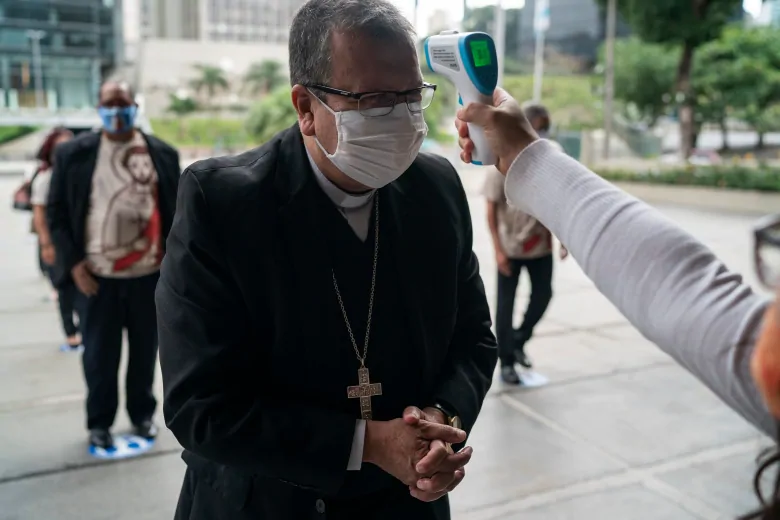
Mexico reported 523 more coronavirus deaths on Saturday, pushing its tally to 30,366, overtaking France to become the fifth-highest in the world. The health ministry also reported 6,914 new infections and a total of 252,165 confirmed cases.
In Africa, Ghana’s President Nana Akufo-Addo will self-isolate for 14 days on the advice of doctors after a person in his close circle tested positive for coronavirus, the government said in a statement late on Saturday.
In South Africa, a growing hot spot, confirmed cases have climbed to more than 177,000, with a record 9,063 reported in the most recent 24-hour period.
Over 444,000 confirmed <a href=”https://twitter.com/hashtag/COVID19?src=hash&ref_src=twsrc%5Etfw”>#COVID19</a> cases on the African continent – with more than 214,000 recoveries & 10,800 deaths. View country figures & more with the WHO African Region COVID-19 Dashboard: <a href=”https://t.co/V0fkK8dYTg”>https://t.co/V0fkK8dYTg</a> <a href=”https://t.co/EYuVqubnC8″>pic.twitter.com/EYuVqubnC8</a>
—@WHOAFRO

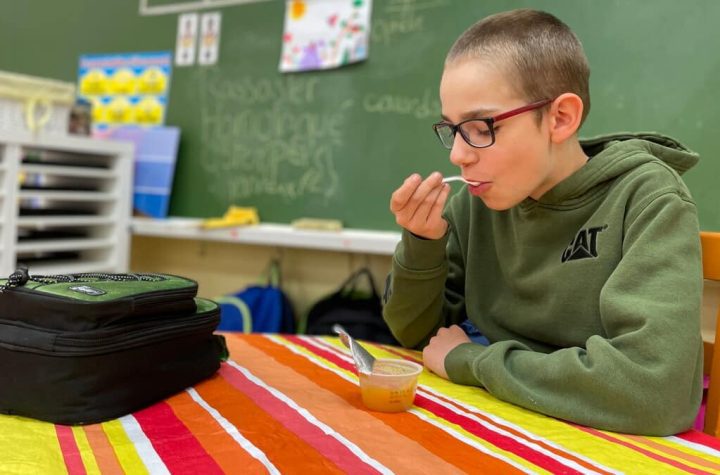

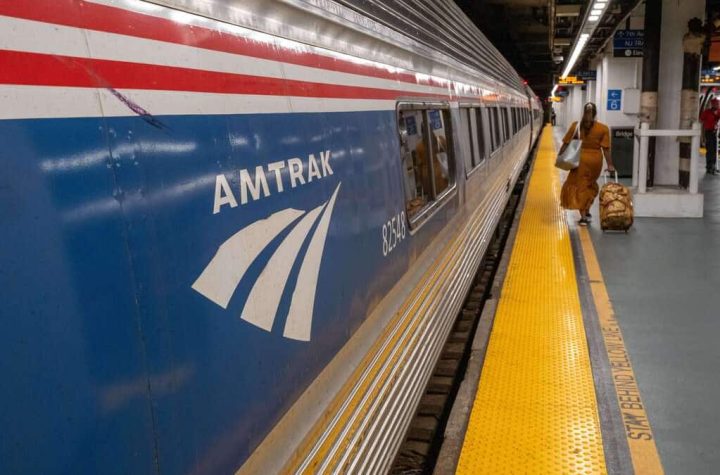
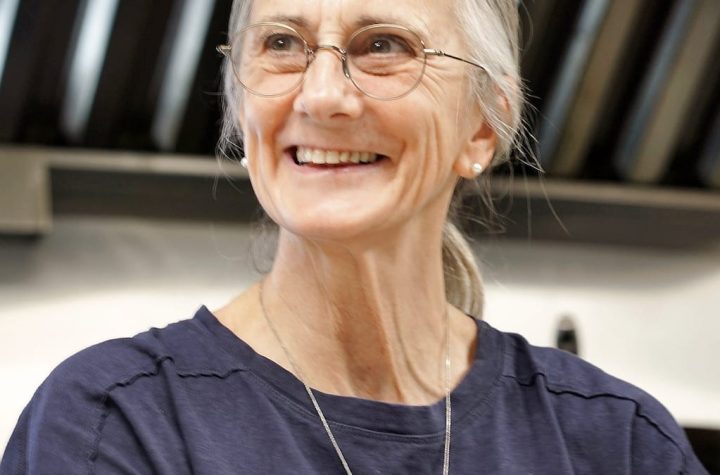
More Stories
Allegations of corruption Qatar warns of ‘negative impact’ of European measures
USA: Famous “Hollywood cat” euthanized in Los Angeles
The campaigner who called for the shooting of Ukrainian children has not been charged